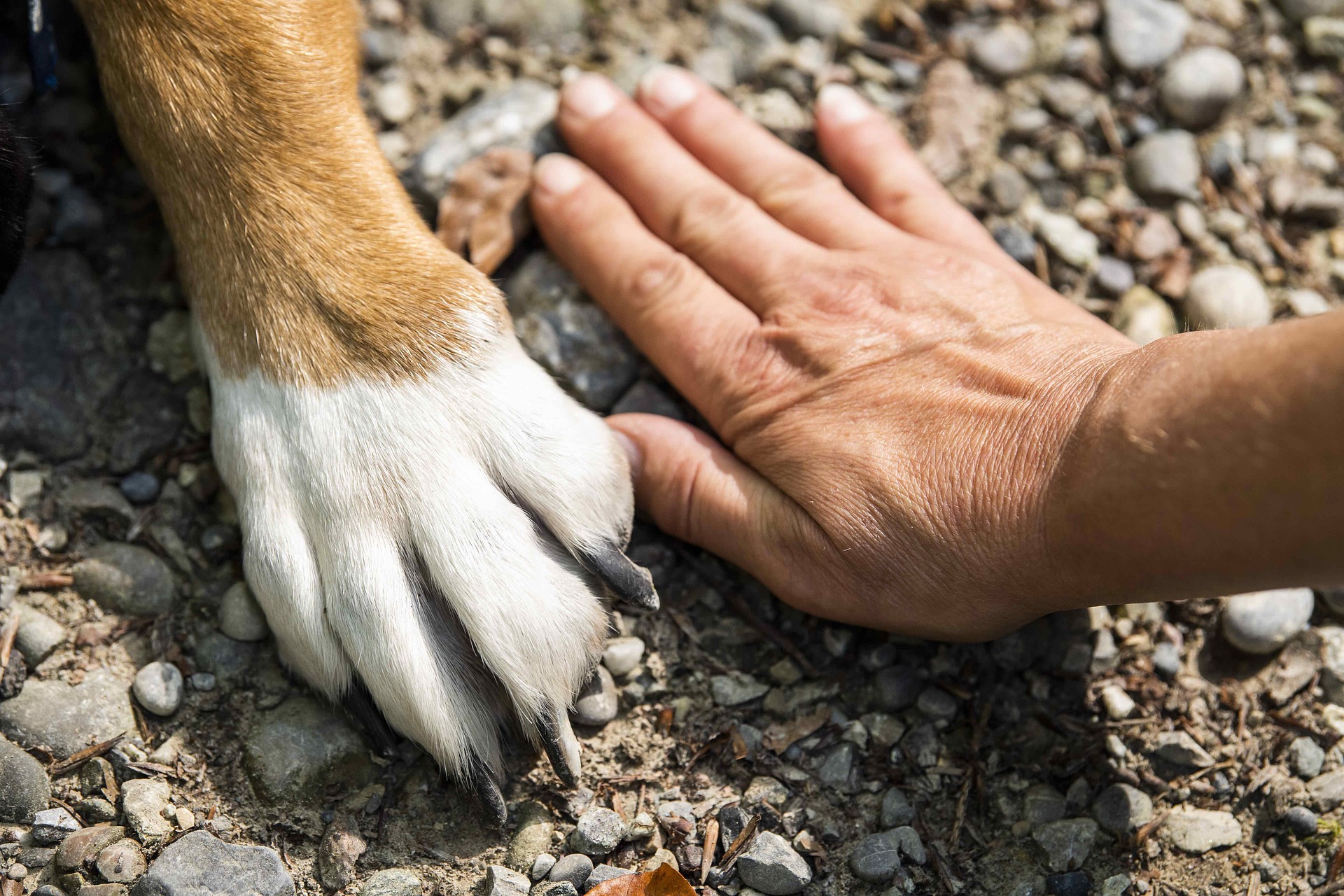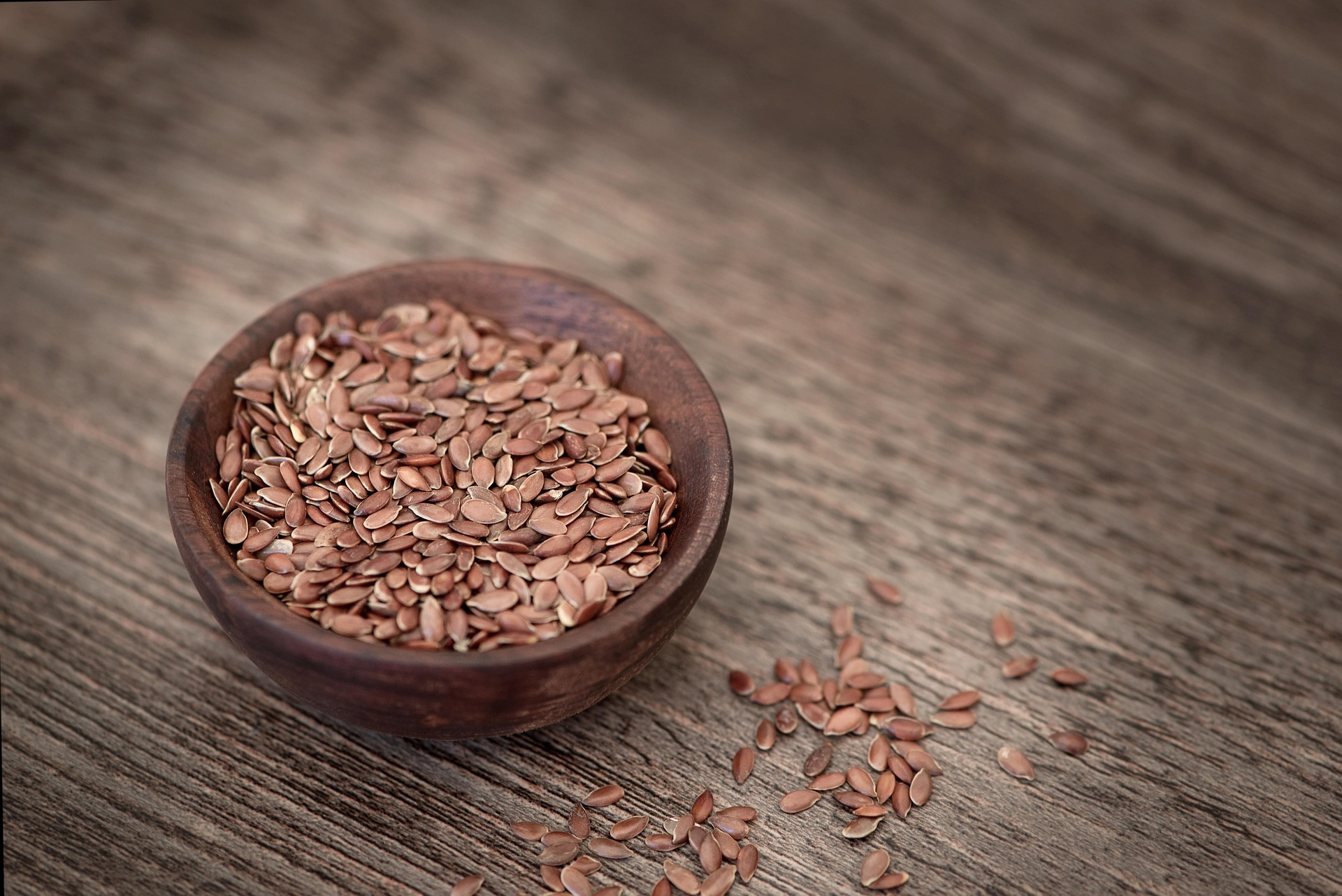The Intriguing World of Octopuses as Pets: A Comprehensive Look
In an ocean filled with marvels, the octopus stands out as a creature of intrigue and intelligence. With their uncanny ability to escape aquariums, change color, and solve puzzles, they have captured the fascination of many aquatic pet enthusiasts. This article delves into the world of keeping octopuses as pets, discussing the challenges, joys, and the unique considerations that come with it.

A Historical Perspective on Pet Octopuses
Keeping octopuses as pets is not a recent trend. It dates back to the early 20th century when marine biologists started keeping them in captivity for research purposes. However, the practice became popular among home aquarium enthusiasts only in the late 20th century. The understanding of octopus behavior and needs has evolved significantly over the years, leading to better care techniques and longer lifespans for these intelligent creatures in captivity.
The Current State of Octopus Pet Ownership
Today, keeping an octopus at home is a niche hobby that requires a significant investment of time and resources. The common species kept as pets include the Pacific octopus, the dwarf octopus, and the Atlantic pygmy octopus. The popularity of these creatures is growing, thanks to their unique behaviors and attractive appearances. However, potential owners must be aware that octopuses have a relatively short lifespan of 1-2 years, which can be a heartbreaking experience for those who grow attached to their eight-legged friends.
The Cost and Impact of Keeping an Octopus
Expectedly, owning an octopus is not inexpensive. The octopus itself can range from $30 for smaller species to over $100 for larger ones. The real cost, however, lies in creating and maintaining a suitable environment for these highly intelligent, escape-prone animals. A secure, well-filtered aquarium with plenty of hiding spots can cost upwards of $1000. Despite the cost, the market for octopus pet ownership is growing, contributing to the overall expansion of the exotic pet industry.
The Science behind Octopus Care
The care of an octopus is backed by scientific research. Studies have shown that octopuses require a balanced diet of crustaceans and fish, and a carefully controlled environment to thrive. They need a temperature-controlled aquarium, and due to their intelligence, they require mental stimulation, which can be provided through toys and puzzles. Importantly, they are solitary creatures, and keeping more than one in a tank can lead to aggression.
The Future of Octopus Pet Ownership
While owning an octopus is a fascinating endeavor, it’s not for everyone. They require dedicated care and attention, and the ethical considerations around keeping such intelligent creatures in captivity are still being debated. However, as we continue to learn more about these incredible creatures and improve our care techniques, the world of octopus pet ownership is bound to get more exciting and accessible in the future.
The world of pet octopuses is a testament to the diversity and complexity of the animal kingdom. Whether you’re a seasoned aquarium enthusiast or just starting, the octopus offers a unique and rewarding pet ownership experience. However, it’s crucial to remember that these are not just pretty animals to look at—they are intelligent, complex beings that require a high level of care and respect.






